Comprehensive Guide to Toyota Camry Exterior Body Parts Diagram
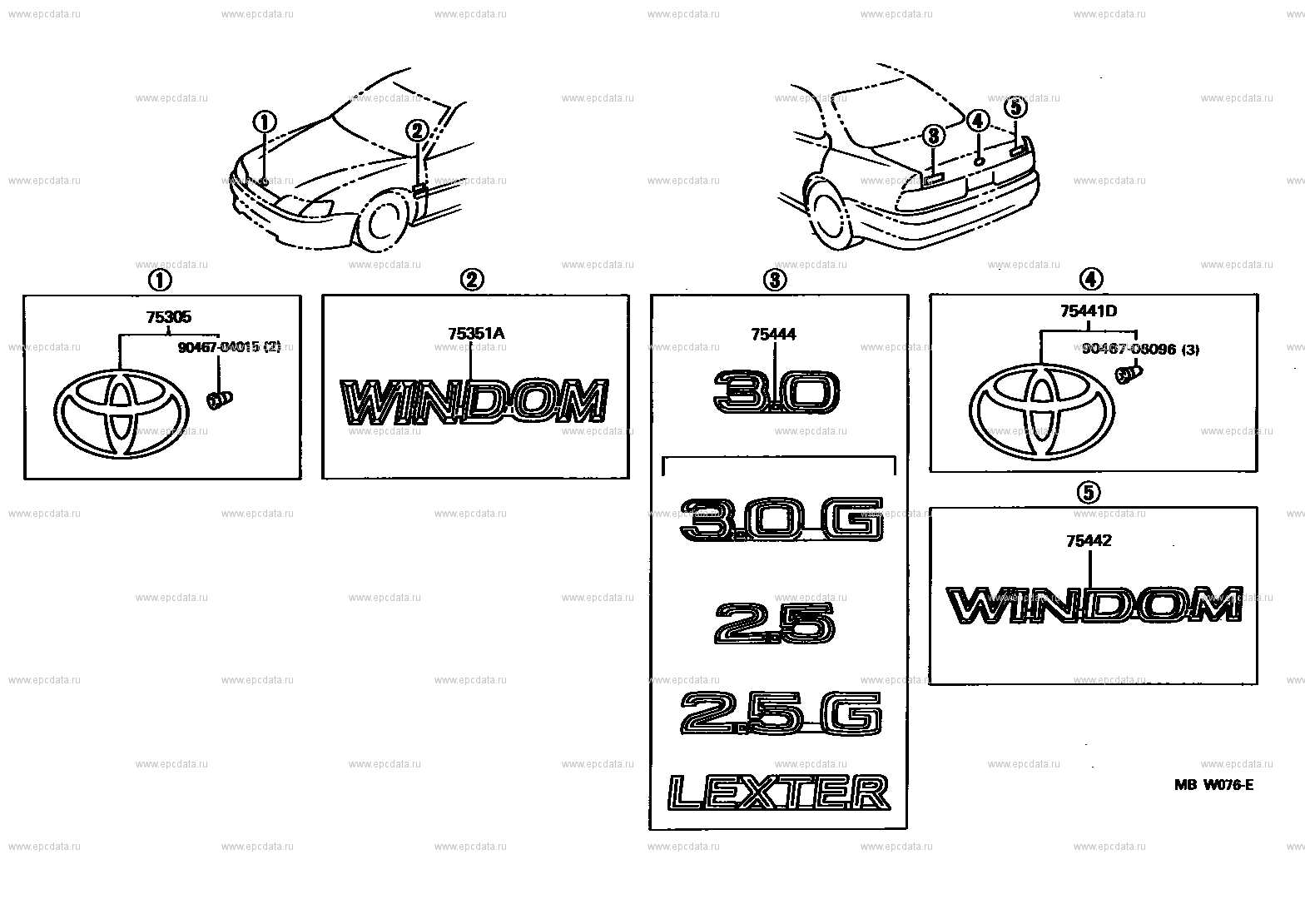
When exploring the intricate design of vehicles, one can uncover the significance of various elements that contribute to both functionality and aesthetics. Each section of an automobile is crafted with precision, showcasing the harmony between engineering and artistry. This exploration reveals how every detail plays a role in the overall performance and visual appeal.
Analyzing the arrangement of exterior components is essential for enthusiasts and professionals alike. A thorough comprehension of these sections allows for effective maintenance and enhancements, ensuring longevity and reliability. This knowledge also fosters a deeper appreciation for the automotive design process.
To effectively navigate the complexities of these components, visual representations become invaluable. They serve as guides, illuminating the interconnections and placements of various elements, thus enabling a more profound understanding of vehicle structure and repair options.
Understanding Toyota Camry Exterior Parts
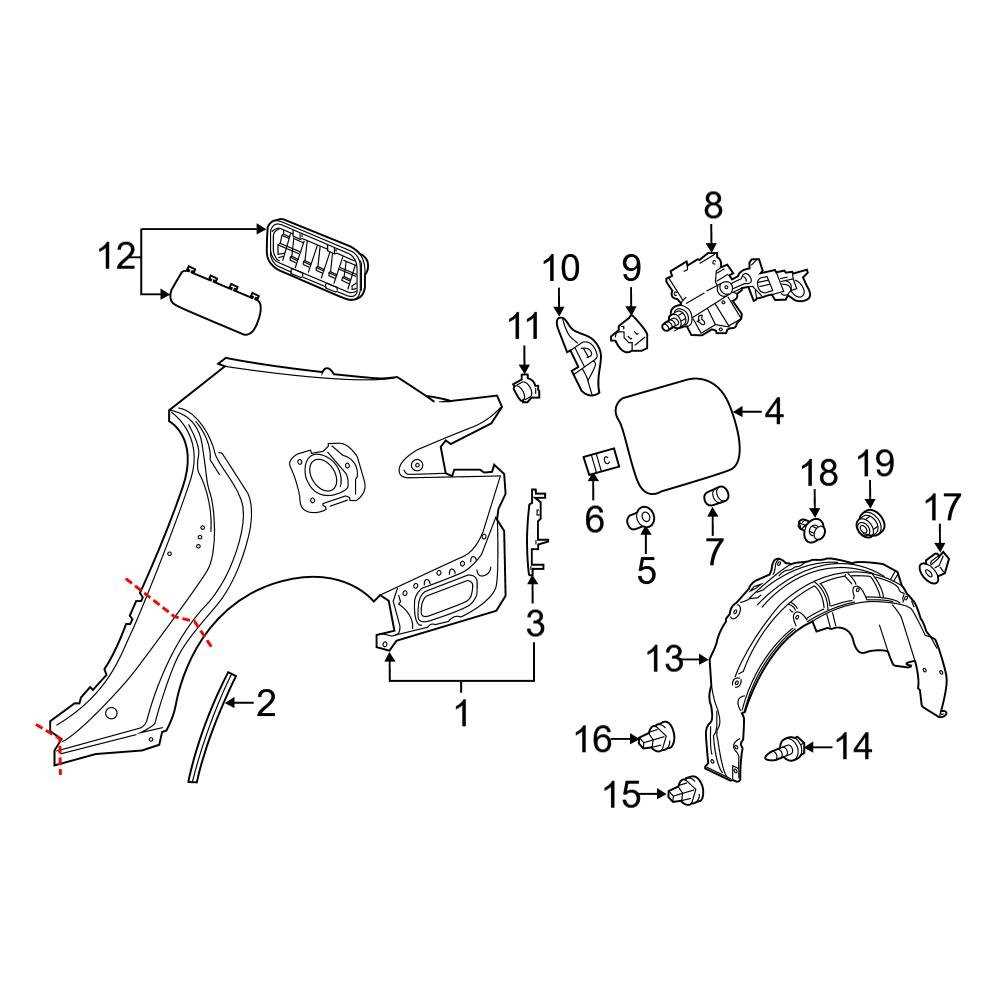
This section aims to explore the various elements that contribute to the outer appearance and functionality of a vehicle. Recognizing each component’s role can enhance maintenance and overall appreciation of automotive design.
Key Components
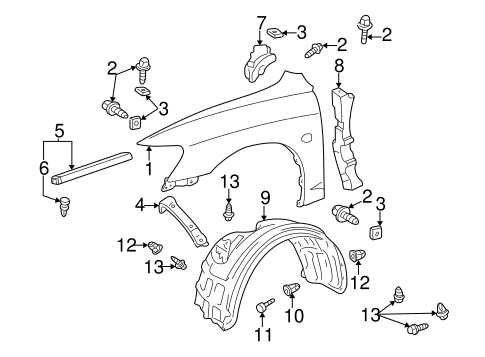
Among the significant features are the protective surfaces, illumination units, and decorative trims. Each item plays a crucial part in both aesthetics and performance.
Functionality Overview
| Component | Function |
|---|---|
| Bumpers | Impact protection and styling |
| Headlights | Illumination and visibility |
| Grilles | Airflow and engine cooling |
| Fenders | Protection from debris and aesthetics |
Diagram Overview of Camry Body Parts
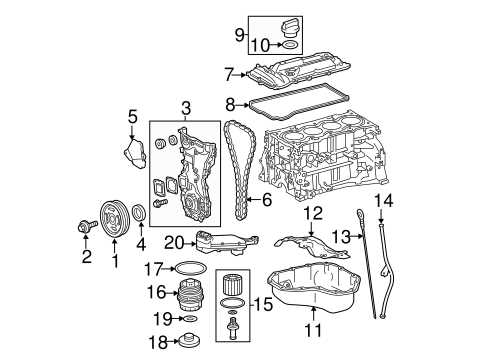
This section aims to provide a comprehensive visual representation of the various components that form the outer shell of the vehicle. Understanding these elements is crucial for both maintenance and enhancement purposes.
Each component plays a vital role in the vehicle’s structure, contributing not only to its aesthetics but also to its aerodynamics and safety. Familiarity with these sections allows for informed decisions when considering repairs or upgrades.
Additionally, recognizing the layout and function of each element can enhance the overall ownership experience, ensuring that drivers are well-acquainted with their vehicle’s construction.
Key Features of Camry Exterior Design
The design of this vehicle is characterized by a harmonious blend of style and functionality, resulting in a visually appealing and aerodynamically efficient form. Its sleek lines and modern aesthetics contribute to an overall impression of sophistication and confidence.
- Sleek Silhouette: The streamlined profile enhances fuel efficiency while creating an attractive visual flow.
- Distinctive Grille: A bold front grille design conveys strength and presence, setting a dynamic tone.
- Innovative Lighting: LED headlights and taillights provide enhanced visibility and modern flair.
- Wheel Options: A variety of alloy wheel designs add a personalized touch and enhance the sporty character.
- Color Palette: An extensive range of colors allows for individual expression and style.
These elements collectively contribute to a captivating and functional exterior, appealing to those seeking both elegance and practicality in their driving experience.
Importance of Body Part Maintenance
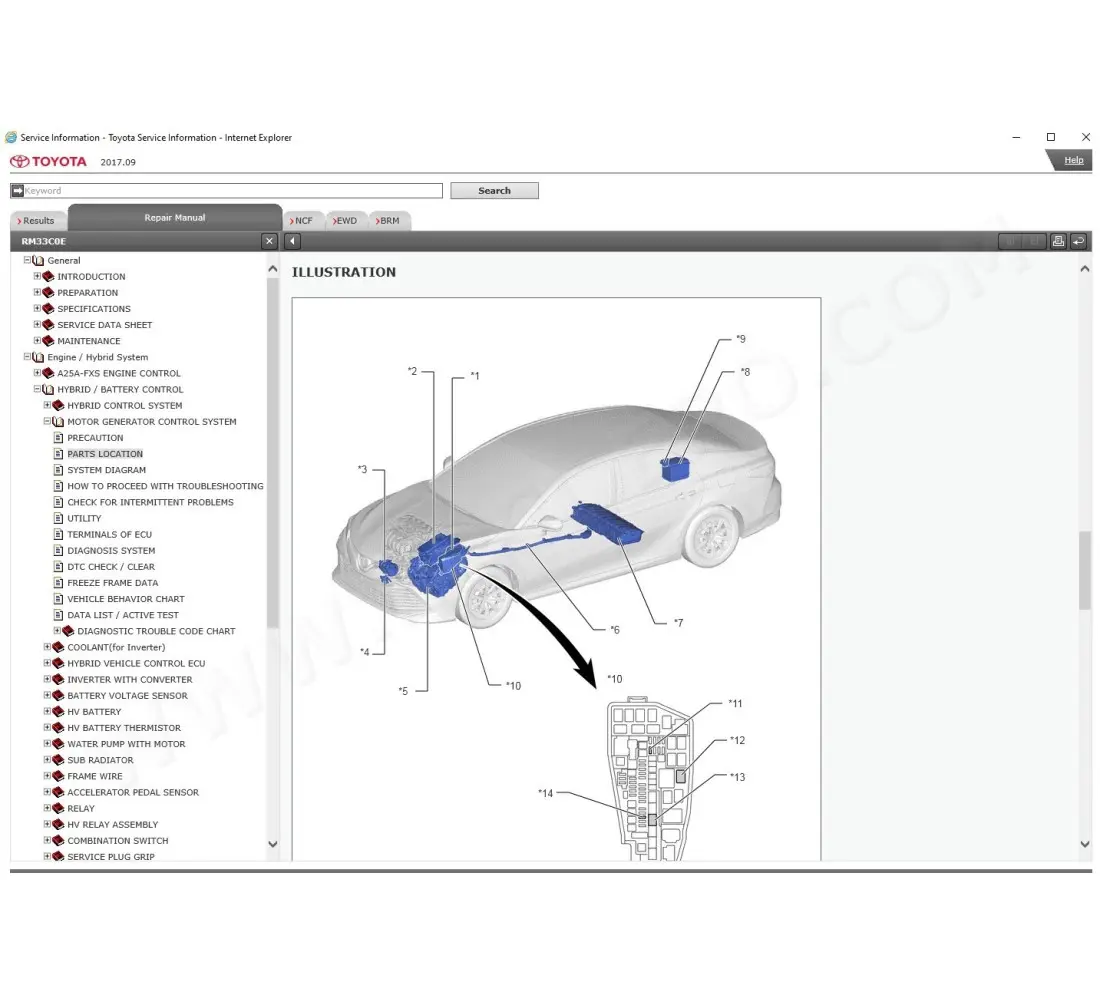
Maintaining the outer components of a vehicle is crucial for ensuring its longevity and performance. Regular care and attention not only enhance the aesthetic appeal but also contribute to safety and efficiency. Neglecting these elements can lead to costly repairs and decreased functionality over time.
Here are some key benefits of proper maintenance:
| Benefit | Description |
|---|---|
| Safety | Well-maintained elements help prevent accidents by ensuring optimal visibility and structural integrity. |
| Value Retention | Consistent upkeep maintains the vehicle’s resale value by preventing deterioration. |
| Performance | Proper care improves aerodynamics and fuel efficiency, enhancing overall driving experience. |
| Aesthetic Appeal | Regular cleaning and repairs keep the vehicle looking new and attractive. |
Common Replacement Parts for Camry
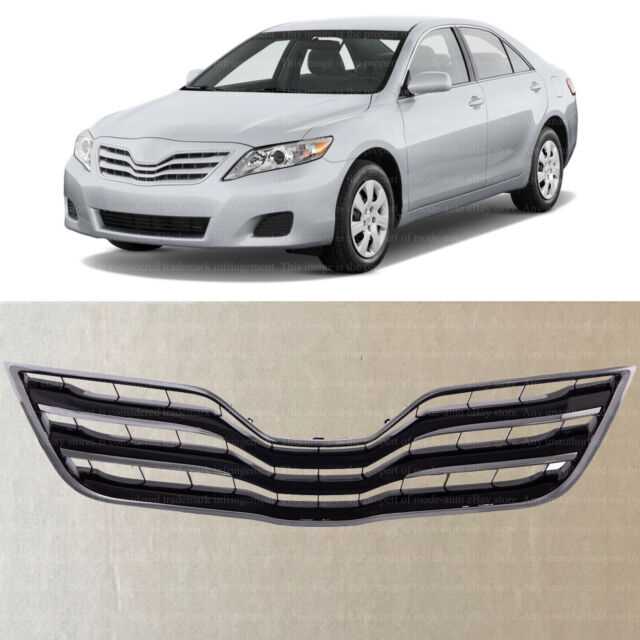
When it comes to maintaining a vehicle, certain components are more prone to wear and tear than others. Understanding these frequently replaced elements can help ensure the longevity and reliability of your automobile.
Essential Components
Among the most commonly substituted items are the headlights and taillights, which are crucial for visibility. Regular checks and replacements can prevent safety hazards and enhance driving experiences.
Performance Enhancers
Another vital category includes filters, such as air and oil filters. These play a significant role in maintaining engine efficiency and prolonging its life. Regular replacement can lead to optimal performance and fuel economy.
How to Identify Damaged Components
Recognizing compromised elements of a vehicle is crucial for maintaining its functionality and safety. Awareness of common signs of wear and tear can help owners take prompt action, ensuring longevity and performance.
Common Indicators of Damage
- Visual Inspection: Look for cracks, dents, or irregularities on surfaces.
- Paint Issues: Fading, peeling, or bubbling paint can signal underlying problems.
- Misalignment: Doors or hoods that don’t close properly may indicate structural issues.
- Rust and Corrosion: Noticeable rust spots can compromise integrity and should be addressed immediately.
Assessment Techniques

- Perform a thorough visual examination in good lighting.
- Use a measuring tool to check alignments and gaps.
- Tap on surfaces to detect hollow sounds that may indicate damage.
- Consult with a professional if any concerns arise for a detailed evaluation.
Regular checks and early identification of issues can significantly reduce repair costs and enhance vehicle performance.
Step-by-Step Repair Guide
This section provides a comprehensive approach to fixing outer components of your vehicle. By following these guidelines, you can ensure a smoother process and achieve satisfying results. Each step is designed to help you understand the necessary actions and tools required for effective repairs.
Preparation and Tools
Before diving into the repair process, gather all essential tools such as wrenches, screwdrivers, and pliers. Additionally, ensure you have the right replacement components on hand. Preparation is crucial for a successful outcome.
Repair Steps
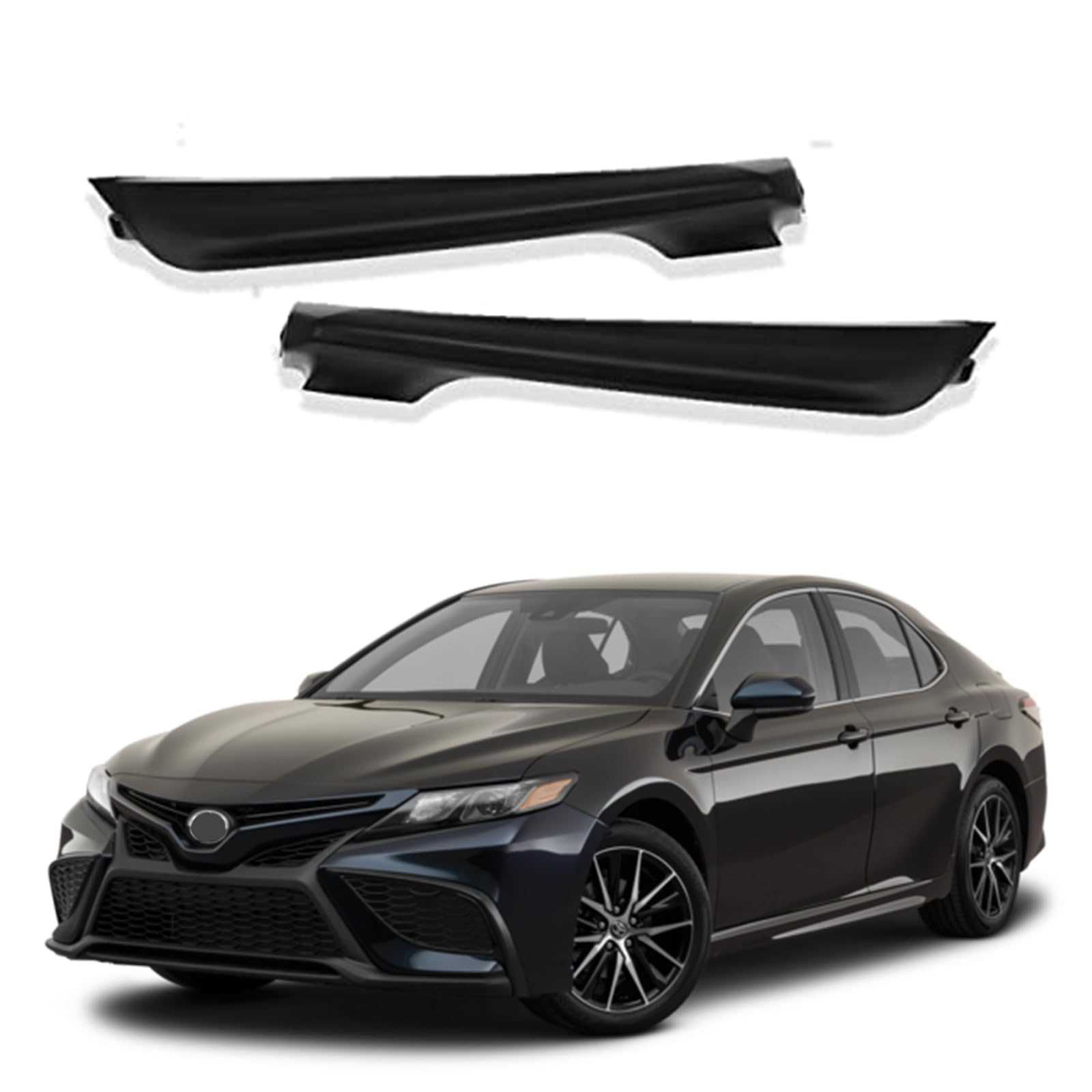
Begin by carefully removing the damaged sections. Inspect the surrounding areas for any additional issues. Once everything is clear, install the new components and secure them tightly. Finally, test the repairs to confirm everything is functioning properly.
Aftermarket vs. OEM Body Parts
When considering replacements for damaged vehicle components, consumers often face a pivotal choice. Each option offers distinct benefits and drawbacks that can significantly impact performance, longevity, and cost-effectiveness.
Understanding the Differences
Original components are manufactured by the same company that produced the vehicle, ensuring compatibility and adherence to quality standards. In contrast, alternative options may come from third-party manufacturers, often promising affordability but varying in quality and fit.
Benefits and Drawbacks
OEM parts typically provide a sense of reliability and warranty support, while aftermarket options can offer enhanced performance features or a broader selection. However, it’s essential to weigh the potential risks, such as warranty voiding or decreased durability.
Color Matching and Painting Tips
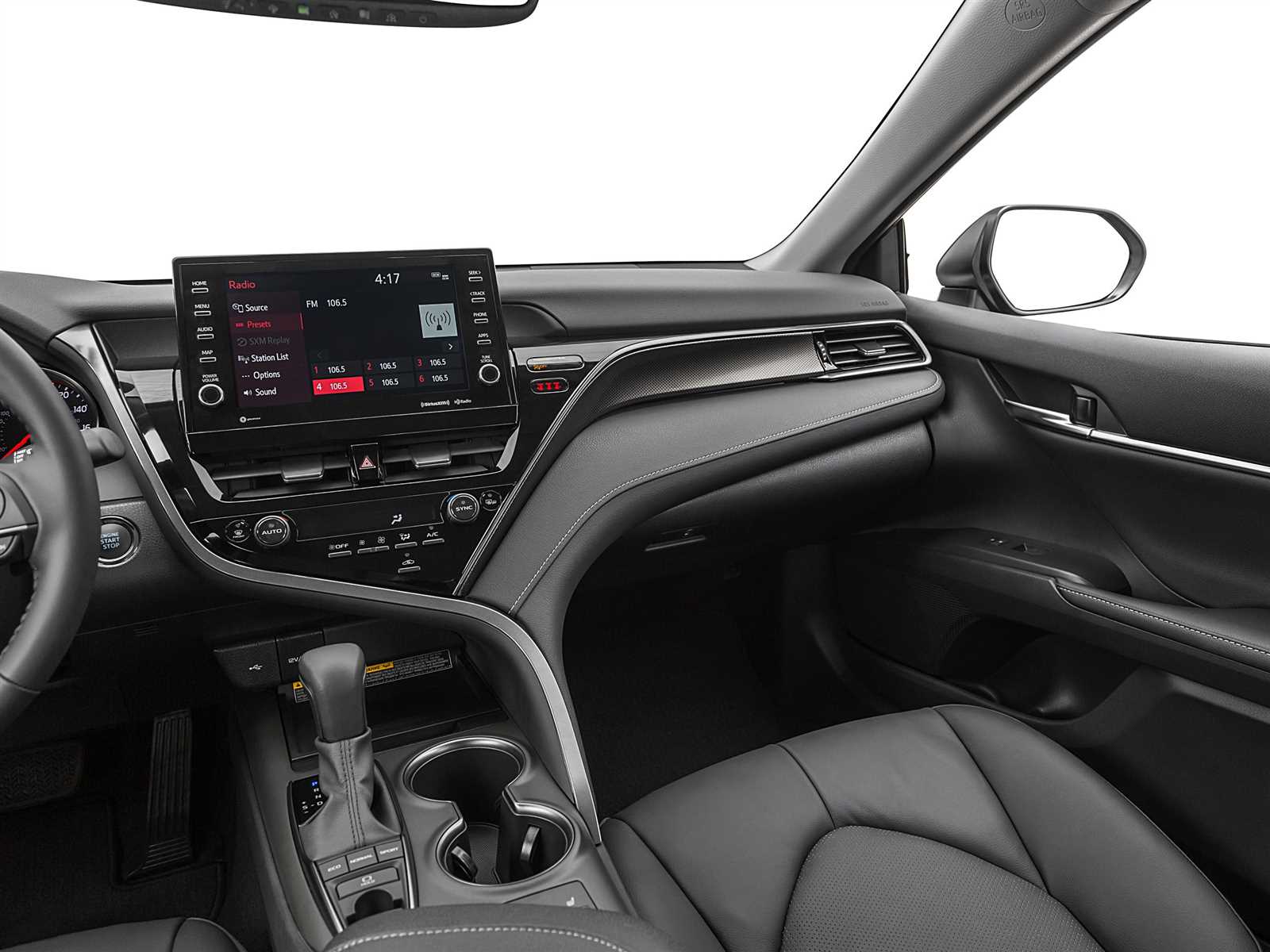
Achieving a flawless finish requires careful consideration of color harmony and application techniques. When working on a vehicle’s surface, understanding how to blend shades and apply paint can significantly enhance the overall appearance. This section offers valuable insights into achieving the best results in your painting projects.
Color matching is crucial when repairing or refreshing any surface. Different lighting conditions can alter the perception of a color, making it essential to consider these factors before selecting your paint. Always test your chosen shade in various lights to ensure a true match.
| Tip | Description |
|---|---|
| Use OEM Codes | Identify the original manufacturer codes for accurate color matching. |
| Sample Testing | Apply small test patches to see how the color looks when dried. |
| Consider the Finish | Decide on matte, gloss, or satin finishes to match the desired look. |
| Environmental Conditions | Paint in a controlled environment to avoid dust and temperature issues. |
| Layering Technique | Apply thin layers to build color depth and avoid runs. |
Following these guidelines can lead to a professional-looking result, ensuring that repairs blend seamlessly with the original design. Taking the time to focus on these aspects will enhance both durability and aesthetic appeal.
Tools Needed for Exterior Repairs
When undertaking repairs on the outer structure of your vehicle, having the right instruments is crucial for achieving a professional finish. These tools will facilitate a smoother workflow, allowing you to address issues effectively and efficiently.
Essential Instruments
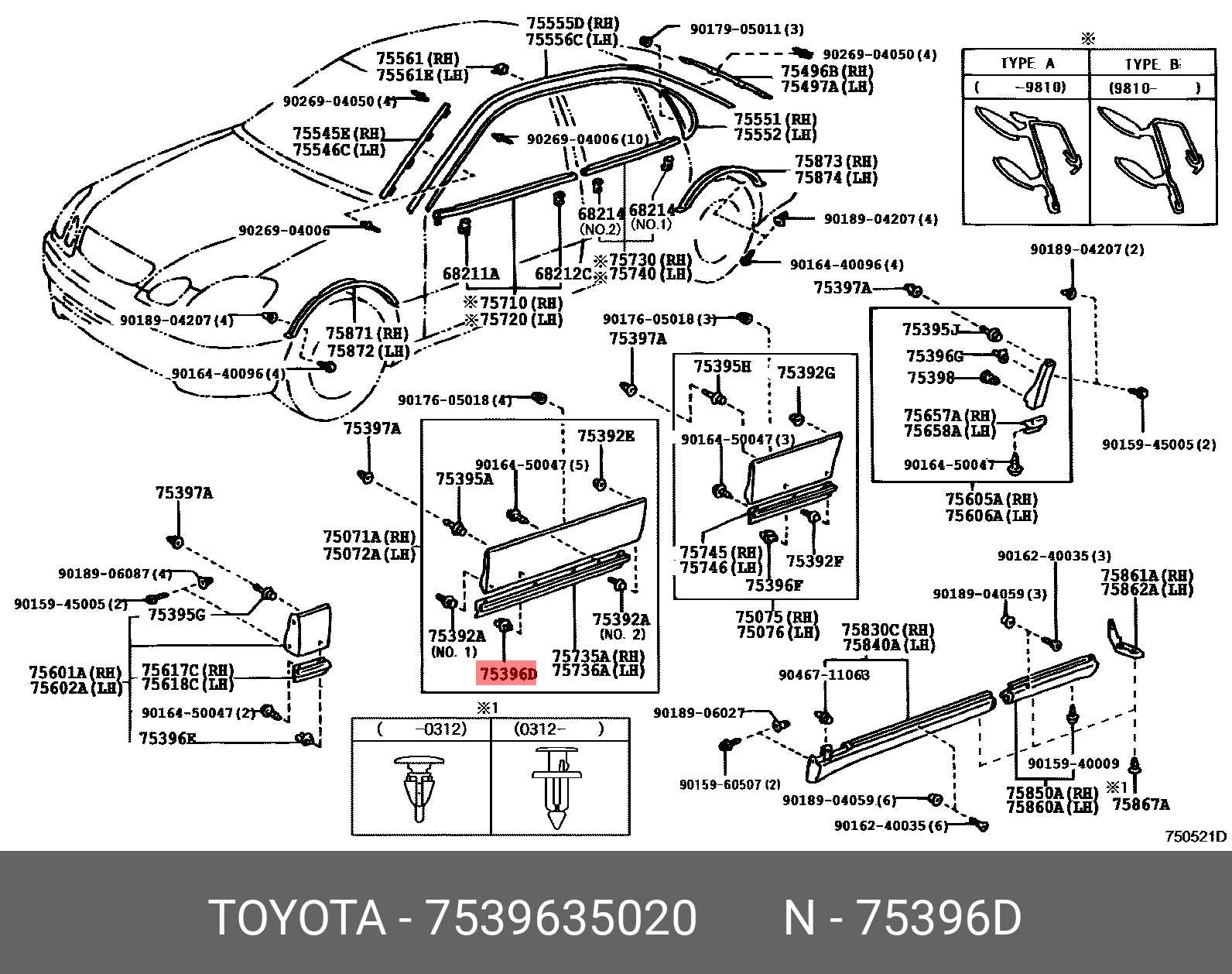
Basic hand tools such as wrenches, screwdrivers, and pliers are indispensable. Additionally, a torque wrench is vital for ensuring that all fasteners are securely tightened. A set of specialty tools may also be necessary for specific tasks.
Safety Gear
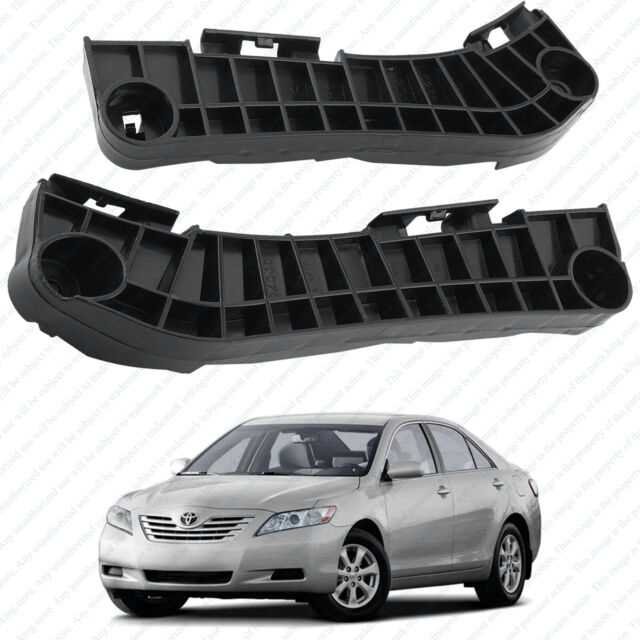
Don’t overlook the importance of safety equipment. Goggles, gloves, and masks will protect you from dust and debris, ensuring a safer working environment during your repairs.
Benefits of Regular Inspections
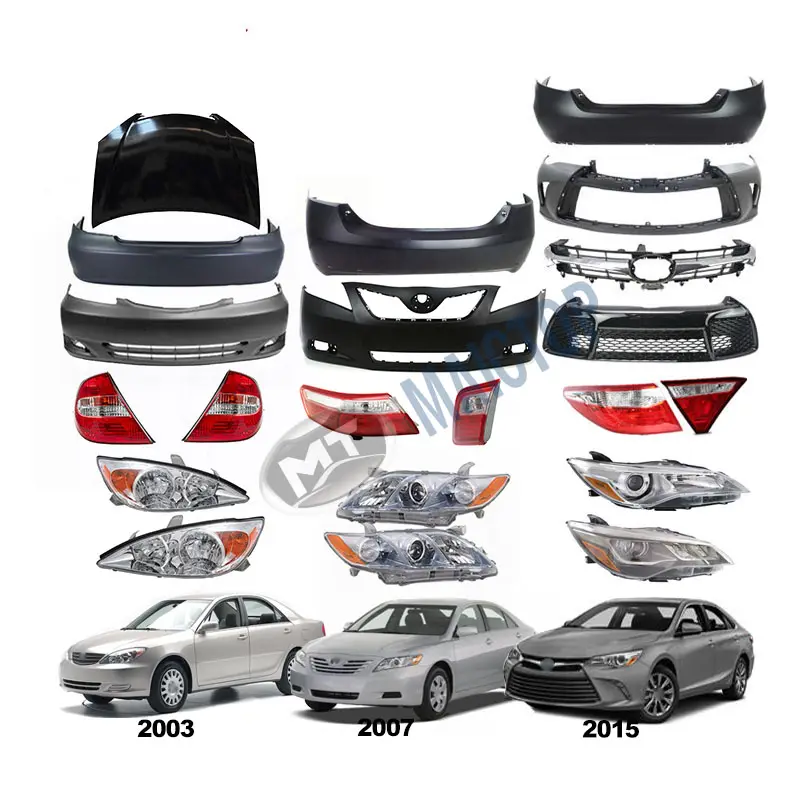
Conducting routine evaluations of your vehicle is crucial for maintaining its overall functionality and safety. These assessments help identify potential issues before they escalate, ensuring a smoother driving experience.
One significant advantage is enhanced safety. Regular checks can uncover hidden problems that might lead to accidents, allowing for timely repairs. Additionally, consistent evaluations contribute to the longevity of the vehicle, minimizing wear and tear on essential components.
Another key benefit is improved fuel efficiency. By keeping all systems in optimal condition, you can reduce fuel consumption, ultimately saving money over time. Furthermore, staying proactive with inspections can enhance resale value, as prospective buyers often look for well-maintained vehicles.
In summary, frequent evaluations not only promote safety and efficiency but also protect your investment, making them an essential part of responsible vehicle ownership.
Understanding Camry Body Part Materials
In the realm of automotive design, the selection of materials plays a crucial role in determining the vehicle’s performance, safety, and aesthetic appeal. Each component is crafted with specific materials that contribute to the overall functionality and durability, ensuring that the vehicle can withstand various environmental challenges while maintaining its structural integrity.
Common Materials Used
Various substances are employed in vehicle construction, including metals, plastics, and composites. Aluminum is often favored for its lightweight nature, which enhances fuel efficiency without compromising strength. Conversely, high-strength steel is utilized for critical areas, providing resilience and enhancing safety during collisions. Meanwhile, plastics are increasingly used for non-structural elements due to their versatility and ability to be molded into complex shapes.
Impact on Performance and Safety

The choice of materials significantly impacts performance characteristics such as weight distribution and handling. For instance, the incorporation of lightweight components can lead to improved acceleration and braking. Additionally, advancements in material technology have led to the development of impact-resistant formulations, enhancing passenger safety by absorbing energy during a crash. Understanding these materials is essential for anyone interested in the intricacies of vehicle design and engineering.
Finding Reliable Parts Suppliers

When seeking components for vehicle restoration or repair, locating trustworthy vendors is crucial. The right suppliers ensure quality, affordability, and availability of necessary items, which can significantly impact the overall project.
Criteria for Choosing Suppliers

- Reputation: Research customer reviews and ratings.
- Certification: Verify if they hold necessary industry certifications.
- Warranty: Look for suppliers that offer warranties on their items.
- Customer Service: Evaluate their responsiveness and support.
Where to Find Suppliers
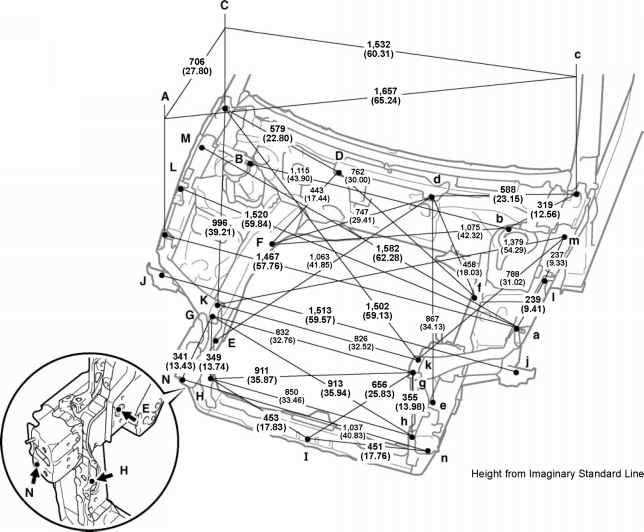
- Online Marketplaces: Explore platforms specializing in auto components.
- Local Dealerships: Visit authorized dealers for specific brands.
- Automotive Forums: Join discussions and seek recommendations.
- Trade Shows: Attend events focused on automotive supplies for direct contacts.